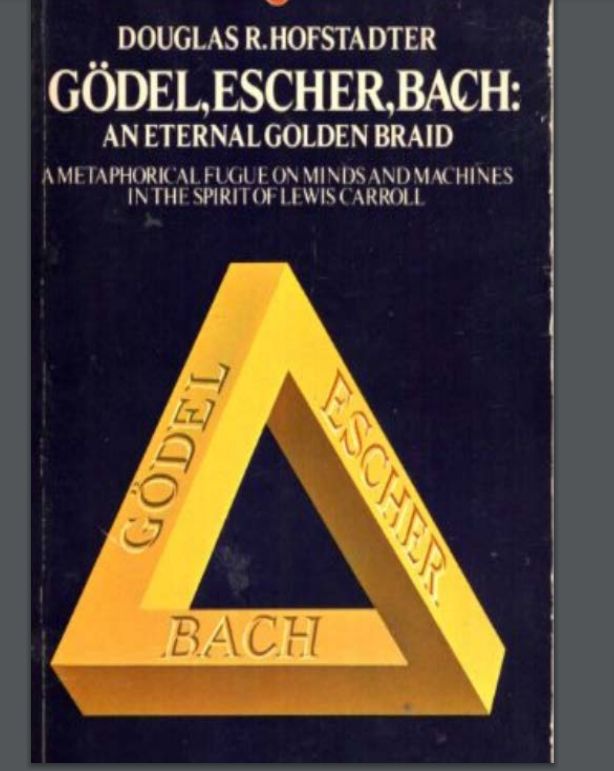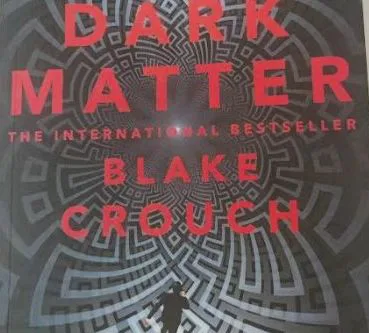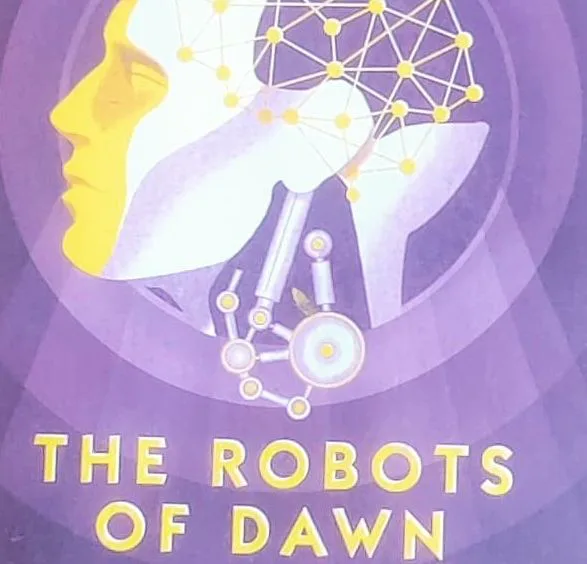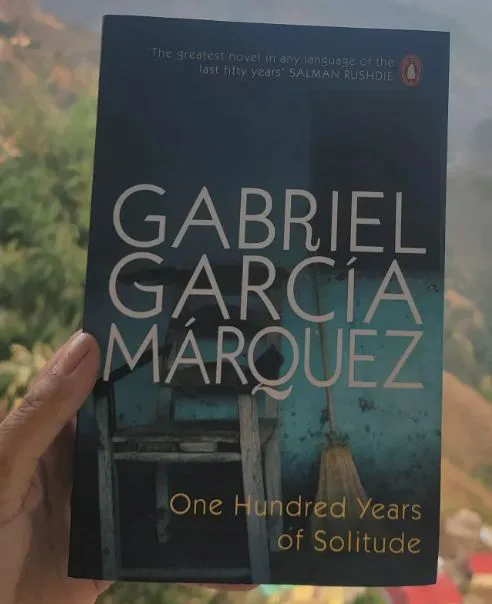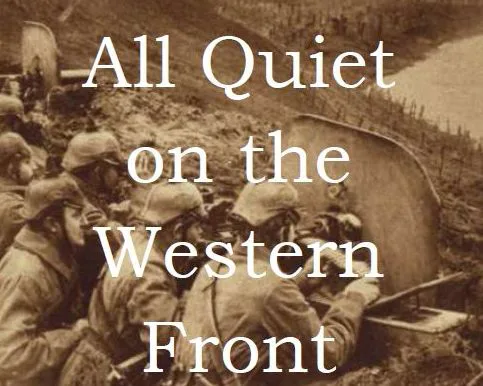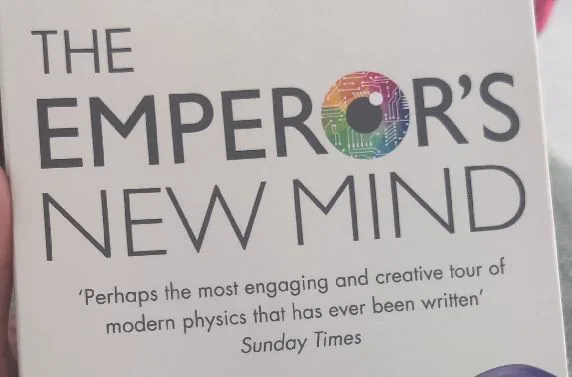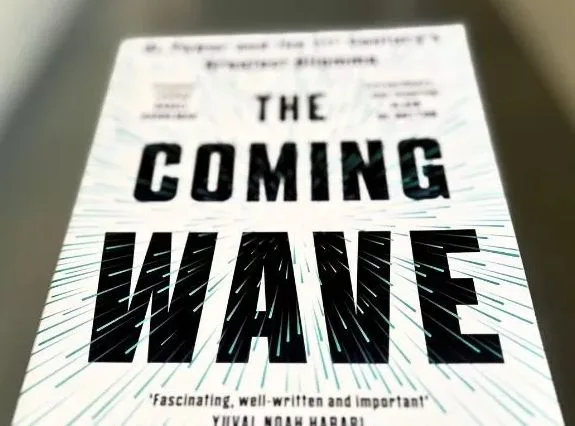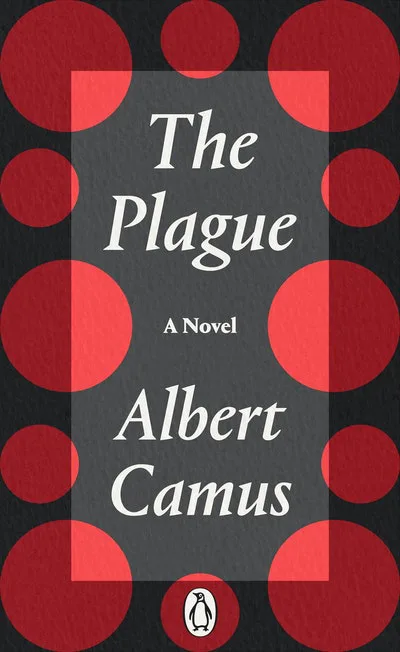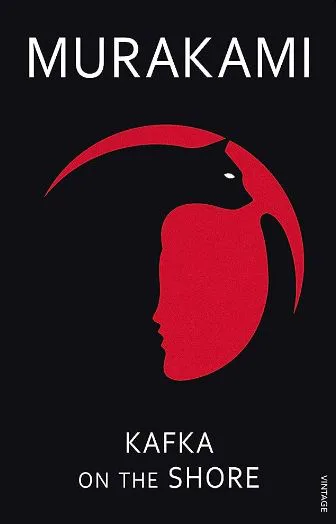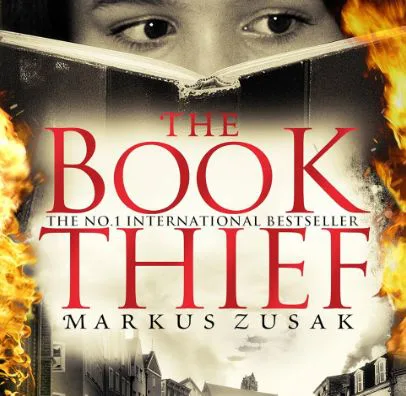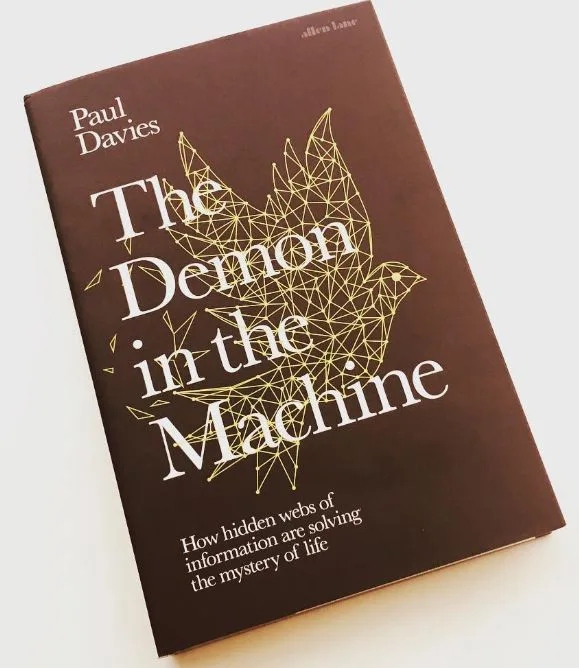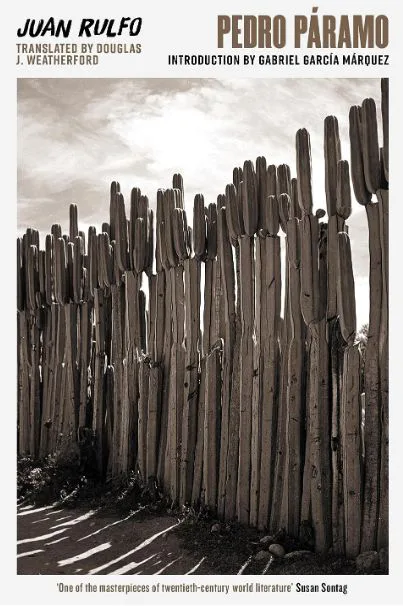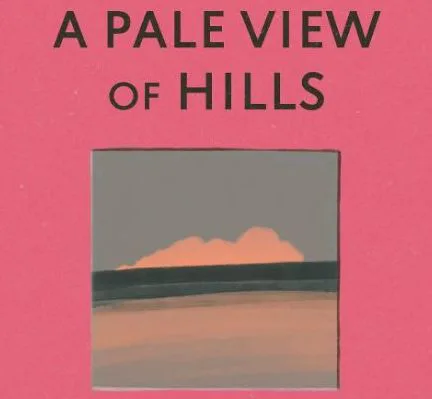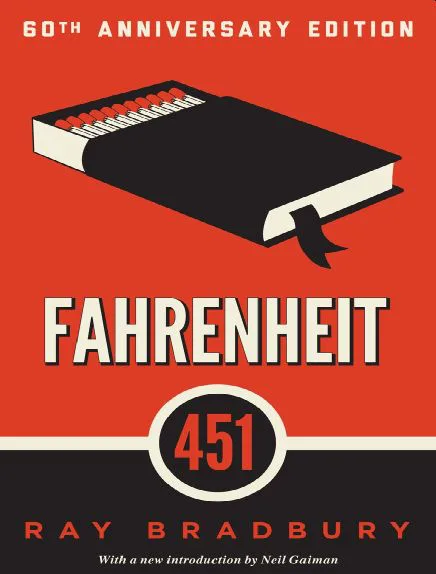Gödel, Escher, Bach: an Eternal Golden Braid by Douglas Hofstadter was first published in 1979. Famously known as GEB, the book touches upon everything – consciousness, self-reference, computer science, formal systems, proofs, mathematics, abstract structures, codes, language, music, storytelling, conversations etc. At the beginning, I’d like to mention that I’m not qualified to review this book, as I lack a background in mathematics. Despite my difficulty in understanding complex concepts, from what little I’ve grasped, I believe this is one of the most profound works I’ve encountered so far.
Read MoreTag: books
Book Review: Dark Matter by Blake Crouch
Dark Matter explores the many-worlds theory and navigates parallel dimensions. Written by Blake Crouch in 2016, it’s an engaging book that one can quickly get lost in. I finished reading it in just two days while traveling.
Read MoreBook Review: The Robots of Dawn by Issac Asimov
“The Robots of Dawn”, published in 1983, is the third novel in Asimov’s Robots series, following “The Caves of Steel” (1954) and “The Naked Sun” (1957). Isaac Asimov is one of my favorite science fiction writers. Even after nearly four decades, his work remains incredibly relevant today. His plots are fast paced and characters feel so lifelike, even the robots, which are portrayed with such depth and realism. With positronic robots in the mix, he crafts stories that explore the loopholes in the Three Laws of Robotics, which he himself…
Read MoreBook Review: A Hundred Years of Solitude by Gabriel Garcia Marquez
I have love-hate kinda relationship with “A Hundred Years of Solitude”. The book was written by Nobel laureate Gabriel Garcia Marquez in 1967. It felt like I had been “reading” this manuscript for a “100 years”. Before picking up this book, I had just finished “Pedro Páramo” by Juan Rulfo, which captivated me with its brevity and intensity. These two books are often compared for their exploration of similar themes such as memory, history, and the supernatural, in a mix of magical realism. Although “A Hundred Years of Solitude” weaves…
Read MoreBook Review: All Quiet on the Western Front by Erich Maria Remarque
It took me a while to read “All Quiet on the Western Front” by Erich Maria Remarque, but I’m glad I finished and experienced it. It is deeply moving and well-written novel. Published in the late 1920s, it deals with the profound and lasting impact of war on soldiers. The book, surely, is out in its genre for its powerful portrayal of the effects of war.
Read MoreBook Review: The Emperor’s New Mind by Roger Penrose
The Emperor’s New Mind: Concerning Computers, Minds and The Laws of Physics was written by Sir Roger Penrose. It was first published in 1989. I decided to pick this book because I thought it would give me the physicist’s perspective on what consciousness is. However, this book is much more than that. It’s about Turing machines, lambda calculus, the Mandelbrot set, Gödel’s theorem, cosmology, space-time singularities, quantum mechanics, neurology, AI, and, of course, consciousness. So, it’s a comprehensive package covering nearly “everything”.
Read MoreBook Review: The Coming Wave by Mustafa Suleyman
The Coming Wave: Technology, Power, and the 21st Century’s Greatest Dilemma is written by Mustafa Suleyman along with the researcher Michael Bhaskar in 2023. Before reviewing the book, I’d like to mention Suleyman views that I came across in one of his interviews with The Guardian. The following lines cover almost everything that is mentioned in the book – The Coming Wave.
Read MoreBook Review: The Plague by Albert Camus
“The Plague” is a book written by Albert Camus in 1947. The story is set in Oran, a city in French Algeria, and describes what happens when a deadly disease spreads through the city. We don’t know who the person telling the story is until the last chapter. The book shows what life is like in Oran during the plague.
Read MoreBook Review: Kafka on The Shore by Haruki Murakami
Haruki Murakami’s works are quite intriguing. “Kafka on the Shore” is my second read after “Norwegian Wood”. It was first published in 2005. The book was acclaimed by The New York Times as one of “The 10 Best Books of 2005” and earned the prestigious World Fantasy Award for 2006.
Read MoreBook Review: The Book Thief by Markus Zusak
“The Book Thief” is a historical fiction novel written by Markus Zusak. It was first published in 2005. When I began reading the book, I immediately knew I would enjoy it. The writing style was refreshingly straightforward, and the unique perspective of Death as the narrator flowed seamlessly.
Read MoreBook Review: The Demon in the Machine by Paul Davies
The Demon in the Machine: How Hidden Webs of Information Are Finally Solving the Mystery of Life by Paul Davies was first published in 2019. This book comes with a wealth of knowledge, as the author has put together physics, chemistry, biology, and information theory.
Read MoreBook Review: Pedro Páramo by Juan Rulfo
When I decided to read One Hundred Years of Solitude by the Colombian author Gabriel García Márquez, I found out that it was inspired by Juan Rulfo’s Pedro Páramo. So, I thought it would be fun to read Pedro Páramo first!
Read MoreBook Review: A Pale View of Hills by Kazuo Ishiguro
“A Pale View of Hills” is Kazuo Ishiguro’s debut novel, published in 1982. This is actually my third time diving into Ishiguro’s world. After being captivated by “Never Let Me Go” and “Klara & the Sun,” I couldn’t resist exploring more of his work.
Read MoreBook Review: The Symmetries of Things by John Horton Conway, Heidi Burgiel, and Chaim Goodman-Strauss
“The Symmetries of Things” explores mathematical symmetry and the symmetrical properties of geometric objects. The book was a collaborative effort spanning many years, authored by John Horton Conway, Heidi Burgiel, and Chaim Goodman-Strauss. It was first published in 2008 by A K Peters.
Read MoreBook Review: Fahrenheit 451 by Ray Bradbury
“Fahrenheit 451” is a dystopian fiction, written by American author Ray Bradbury in 1953. It stands as one of his most acclaimed works, delving into a dystopian world where people are programmed for efficiency and superficial contentment through constant exposure to television. In this society, intellectuals and free thinkers are absent, and replaced by passive TV viewers. The Plot: Guy Montag’s Evolution The narrative unfolds through the eyes of Gus Montag, a member of the fire brigade. Also, the central character, Guy Montag, is tasked with identifying and incinerating forbidden…
Read More
